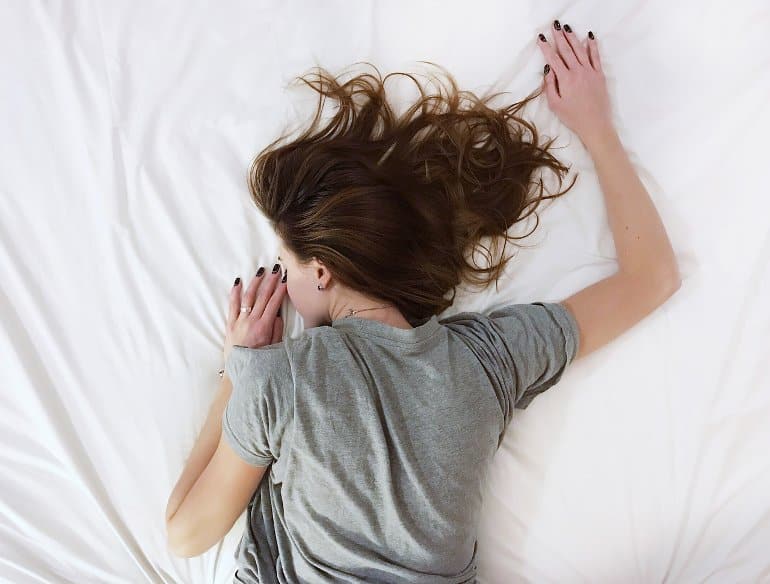Summary: Study reports warm-blooded animals with higher body temperatures have lower amounts of REM sleep, while those with lower body temperatures have more REM sleep. Researchers say REM sleep acts like a “thermostatically controlled brain heater.”
Source: UCLA
Warm-blooded animal groups with higher body temperatures have lower amounts of rapid eye movement (REM) sleep, while those with lower body temperatures have more REM sleep, according to new research from UCLA professor Jerome Siegel, who said his study suggests that REM sleep acts like a “thermostatically controlled brain heater.”
The study in Lancet Neurology suggests a previously unobserved relationship between body temperature and REM sleep, a period of sleep when the brain is highly active, said Siegel, who directs the Center for Sleep Research at the Jane and Terry Semel Institute for Neuroscience and Human Behavior at UCLA.
Birds have the highest body temperature of any warm-blooded, or homeotherm, animal group at 41 degrees while getting the least REM sleep at 0.7 hours per day. That’s followed by humans and other placental mammals (37 degrees, 2 hours of REM sleep), marsupials (35 degrees, 4.4 hours of REM sleep), and monotremes (31 degrees, 7.5 hours of REM sleep).

Brain temperature falls in non-REM sleep and then rises in REM sleep that typically follows. This pattern “allows homeotherm mammals to save energy in non-REM sleep without the brain getting so cold that it is unresponsive to threat,” Siegel said.
The amount of humans’ REM sleep is neither high nor low compared to other homeotherm animals, “undermining some popular views suggesting a role for REM sleep in learning or emotional regulation,” he said.
Funding: Siegel’s research is supported by National Institutes of Health grants (HLB148574 and DA034748) and the Medical Research Service of the Department of Veterans Affairs. He declared no competing interests.
About this sleep research news
Author: Jason Millman
Source: UCLA
Contact: Jason Millman – UCLA
Image: The image is in the public domain
Original Research: Open access.
“Sleep function: an evolutionary perspective” by Jerome Siegel et al. Lancet Neurology
Abstract
Sleep function: an evolutionary perspective
Prospective epidemiological studies in industrial societies indicate that 7 h of sleep per night in people aged 18 years or older is optimum, with higher and lower amounts of sleep predicting a shorter lifespan. Humans living a hunter-gatherer lifestyle (eg, tribal groups) sleep for 6–8 h per night, with the longest sleep durations in winter.
The prevalence of insomnia in hunter-gatherer populations is low (around 2%) compared with the prevalence of insomnia in industrial societies (around 10–30%). Sleep deprivation studies, which are done to gain insights into sleep function, are often confounded by the effects of stress.
Consideration of the duration of spontaneous daily sleep across species of mammals, which ranges from 2 h to 20 h, can provide important insights into sleep function without the stress of deprivation.
Sleep duration is not related to brain size or cognitive ability. Rather, sleep duration across species is associated with their ecological niche and feeding requirements, indicating a role for wake–sleep balance in food acquisition and energy conservation. Brain temperature drops from waking levels during non-rapid eye movement (non-REM) sleep and rises during REM sleep.
Average daily REM sleep time of homeotherm orders is negatively correlated with average body and brain temperature, with the largest amount of REM sleep in egg laying (monotreme) mammals, moderate amounts in pouched (marsupial) mammals, lower amounts in placental mammals, and the lowest amounts in birds.
REM sleep might, therefore, have a key role in the regulation of temperature and metabolism of the brain during sleep and in the facilitation of alert awakening.







